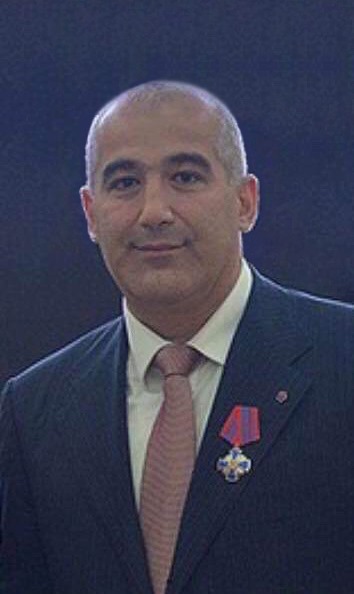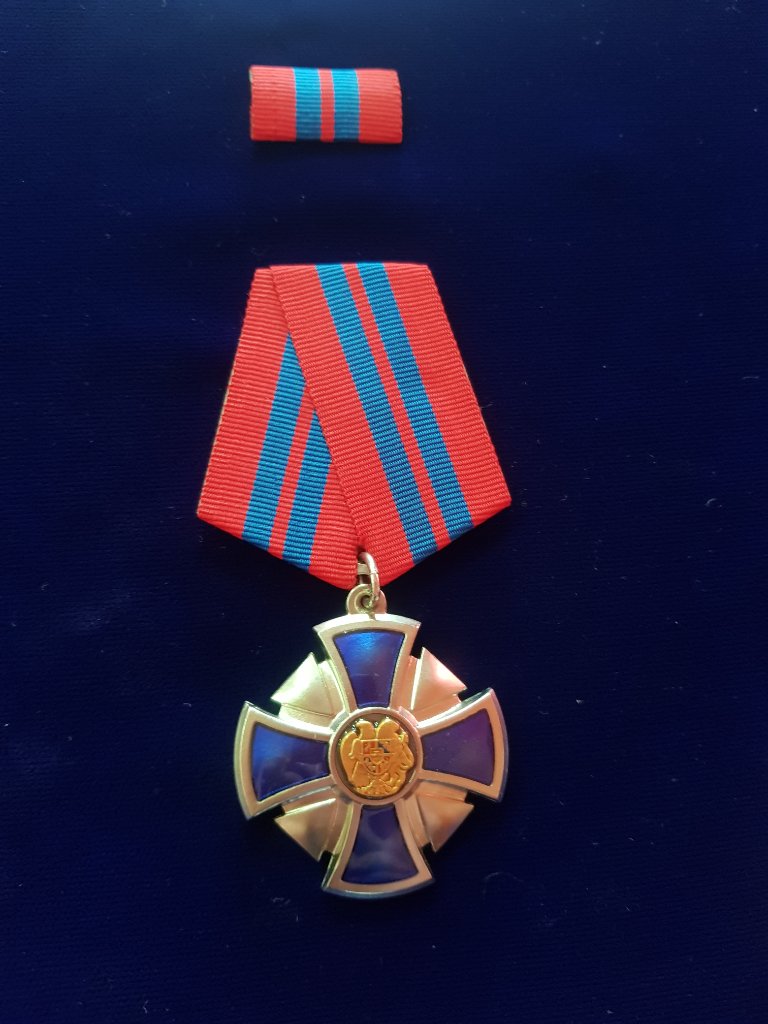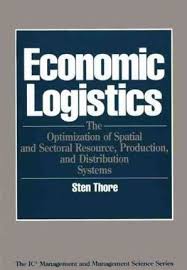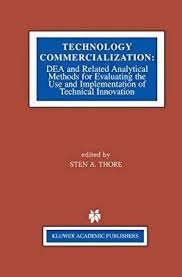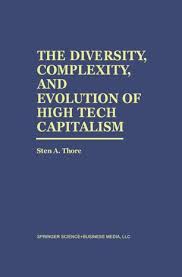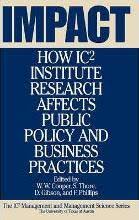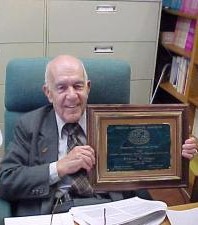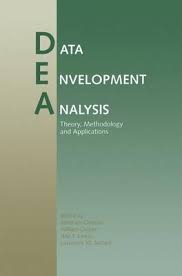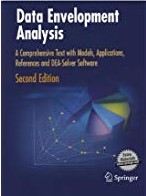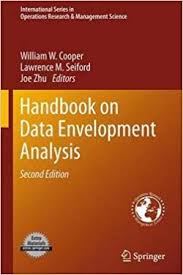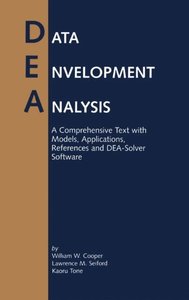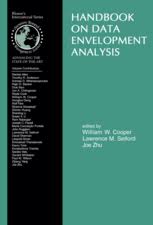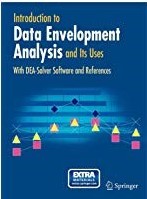About us
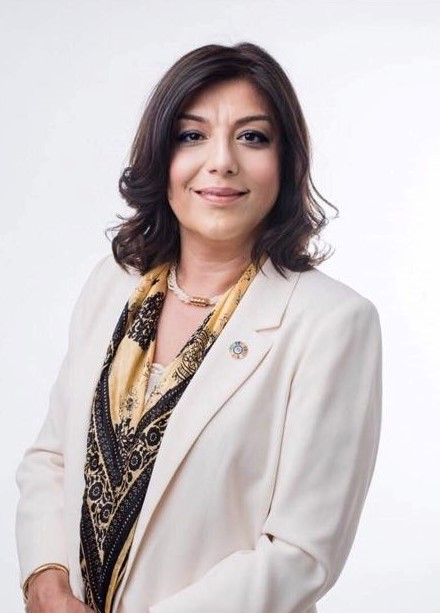


PhD economist with 30 years, progressively responsible experience in research and development cooperation Ruzanna is currently actively engaged in the implementation of UN Development Agenda 2030. She possesses knowledge from various standpoints: the United Nations system, bi- and multilateral donors, national government, academia, Civil Society, the not-for-profit and the private sector. As an economist-mathematician, she sered the government of Armenia for ten years, holding senior positions in the ministries of finance and economy:
- Director of Trade and Investment Department, MInistry of Economy
- Head of Audit Department, MInistry of Finance
- Executive Director of Armenian Aid Coordination Center
- Secretary of Government's Tender Board.
in 2001 she embarked on international career and joined the International Labour Organization (ILO) as a Young Professional and served the office for seven years as a research 008 economist in Moscow and at the Geneva headquarters. Between 1999 to 2008 she has taught at the ILO International Training Center at Turin, Italy on various topics of project management and sustainable procurement.
Ruzanna wrote her Ph.D. dissertation on “Improving Aid Management in Transition Economies”.She is committed to promoting intergenerational solidarity and ETHICS: Equity, Transparency, Humanity, Innovation, Coherence, Security. Her Research Interests and Political Priorities include:
• Human rights and sustainable development
• Social justice and decent work
• The Fourth Industrial Revolution and Training
• A liberal social contract for “Smart Geneva”
Her short-term commitment is to attain the “Geneva Consensus for Sustainable Globalization”. As a global citizen, her long-term goal is to contribute to World Polity:
- Deliver analytical underpinnings that global decision-makers need to make informed decisions when addressing contemporary challenges,
- Participate in shaping a global agenda to harness the power of globalization for advancing human satisfaction;
- Contribute to identifying solutions for inclusive and just globalization with enduring peace and progress.
Ruzanna is a member of the editorial board of several international journals and demonstrates testified commitment to identifying solutions for inclusive and just globalization with enduring peace and progress.
She will serve on the International Scientific Committee for 8th World Sustainability Forum (WSF2020) to be held from 15-17 September 2020 in Geneva.
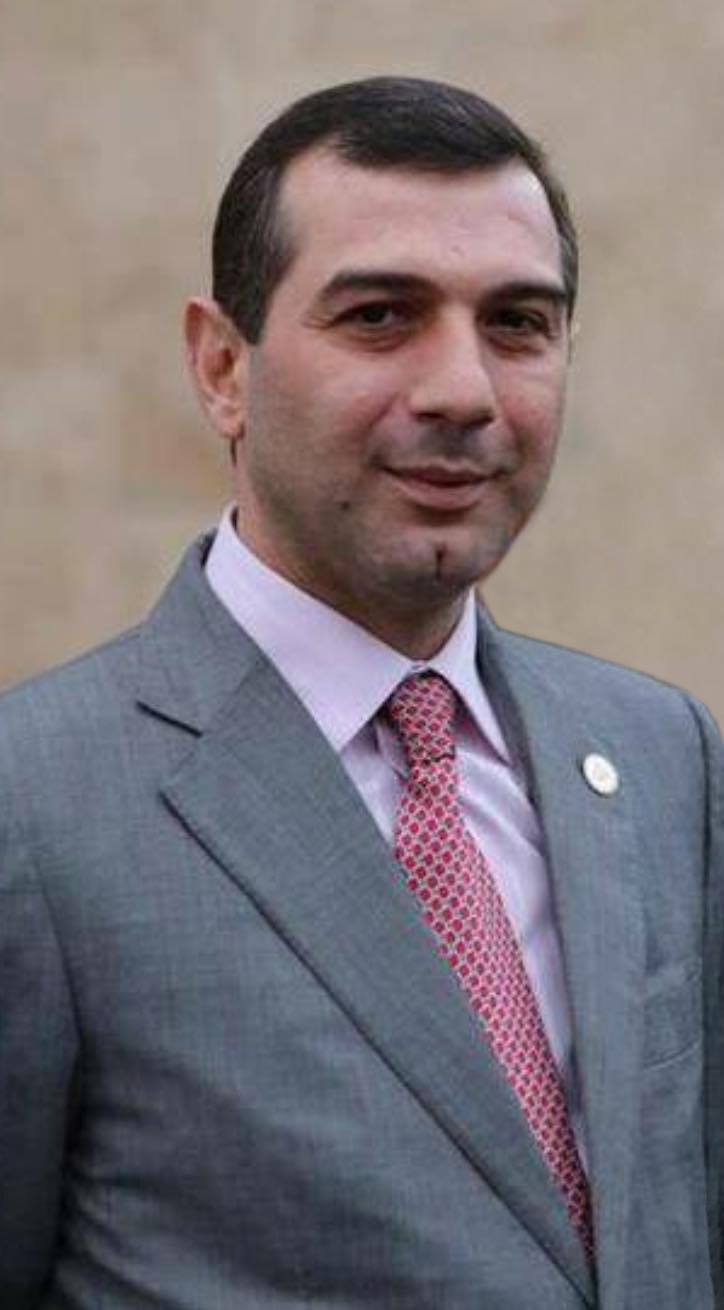
Yervand is the Executive Director of Ararat Food Processing Plant LLC, along with occupying the positions of the Executive Director of Sargis Karolina LLC, Director of Glazet LLC, Director of Karolina Service LLC.
In 2010 jointly with his brother Yervand Sargis Co-Founded the Ararat Food Plant On 15th January 2013 Sergis was appointed the Honorary Consul of Sri Lanka in Armenia. The official opening ceremony of the consulate of the Democratic Socialist Republic of Sri Lanka to the Republic of Armenia was held on April 10. He is holding that honorary position to date.
Since 2005 Sargis is a Board Member of the Union of Manufacturers and Businessmen of Armenia (UMBA).
- by the decree of the President of the Republic of Armenia, on 24 september 2015 Sargis was awared a medal "For Services to the Fatherland" II degree, for his valuable contribution to the activities in relation to the 100th commemoration year of the Genocide
- by the deciision of the Prime Mineister of Armenia on 2 may 2012 Sargis was awarded a The Medal of the Order "For Merit" for his contribution to investment and promotion of exports of Armenia
The ARARAT Plant – “Karolina Group” member enterprise has launched its operation in 2011 and produces 100% natural juices, nectars, juice drinks, fruit and vegetable preserves, as well as herbal and classic black and green teas.The enterprise has successfully established export markets in Russia, Georgia and CIS countries, EU and US markets. The factory is equipped with the latest modern technologies . The high-tech production laboratory of the Factory is one of the best in the region. The automated manufacturing process helps to monitor and control the production process and by maintaining highest quality requirements for all products “Ararat” Food Factory closely keeps tabs on the developing world market. The company intensively invests in research and development activities to continuously improve production and operates efficiency following recognised international quality requirements and practices total quality and food safety stndards. An integrated quality system is well in place to comply with Quality Management and Food Safety Management. “Ararat” Food Factory LLC obtained ISO 22000:2005 certification of qualty in May 2011 and HACCP in June 2014 and is certified for conformity in every exporting country. The Factory follows global developments and participates in exhibitions held worldwide. In 2013, the company participated in annual “PRODEXPO” in Moscow in which more than 700 companies from 54 countries took part and got diploma of “Best Product of 2013” and awarded with Gold Medal for Mango nectar and Sourcherry nectar, Bronz Medal for Apricot-Mango juice drink,Tomato juice and Apricot nectar. In 2014 March "Ararat Miracle" trade mark was awarded with Gold medal for high quality products at "Kazakhstan Food Expo 2014" in Kazakhstan.
Since 1997 Sargis is the Founder and President of Karolina Group, with a major specialisation in Import of alcoholic and non-alcoholic beverages, operating as an exclusive representative for a number of major International brands such as: Hennessy, Moet Chandon, Johnny Walker, e.t.c. The Group is comprised of 7 companies, involved in food production, alcohol and non-alcohol beverages import, covering about 65% of total Armenian market, laboratory services and equipment, advertisement and construction.
In march 2014 took over the Saimaa Beverages Oy Ltd , Lappeenranta, Finlandand serves as a Chairman since. The compny is involved in the production of Vodka and other beverages. The finanacial and econmic viability of the company considerablly inproved after the aquisition.
In 1994 Sargis obtaines a diploma with honors as a Mathematician and holds Ph. D in Mathematics from from Yerevan State University. He started his profesiional career in 1995 as the Director of Ararat Dairy Plant one of the newly privatizes major manufactureres of dairary producst in Armenia.
Sten Thore is a Ph.D. Jubilaris (University of Stockholm), a Centennial Fellow Emeritus of the IC2 Institute, a think tank at the University of Texas. He joined the institute in 1978 and, following the centennial celebrations of the university in 1983, was appointed to the Gregory A Kozmetsky centennial fellowship. His monograph Economic Logistics (1991) (with a chapter on saddle point theory co-authored with W W Cooper) treats the mathematical programming of hierarchical multi-echelon production, inventory and distribution systems.
The textbook Computational Economics: Economic Modeling with Optimization Software (1991), co-authored with G.L.Thompson pioneered the integration of an economics text with computer software. After retirement in 1996, he assumed a personal chair in the commercialization of high technology at the Instituto Superior Tecnico, Lisbon, resulting in the edited volume Technology Commercialization: DEA and Related Analytical Methods (2002).
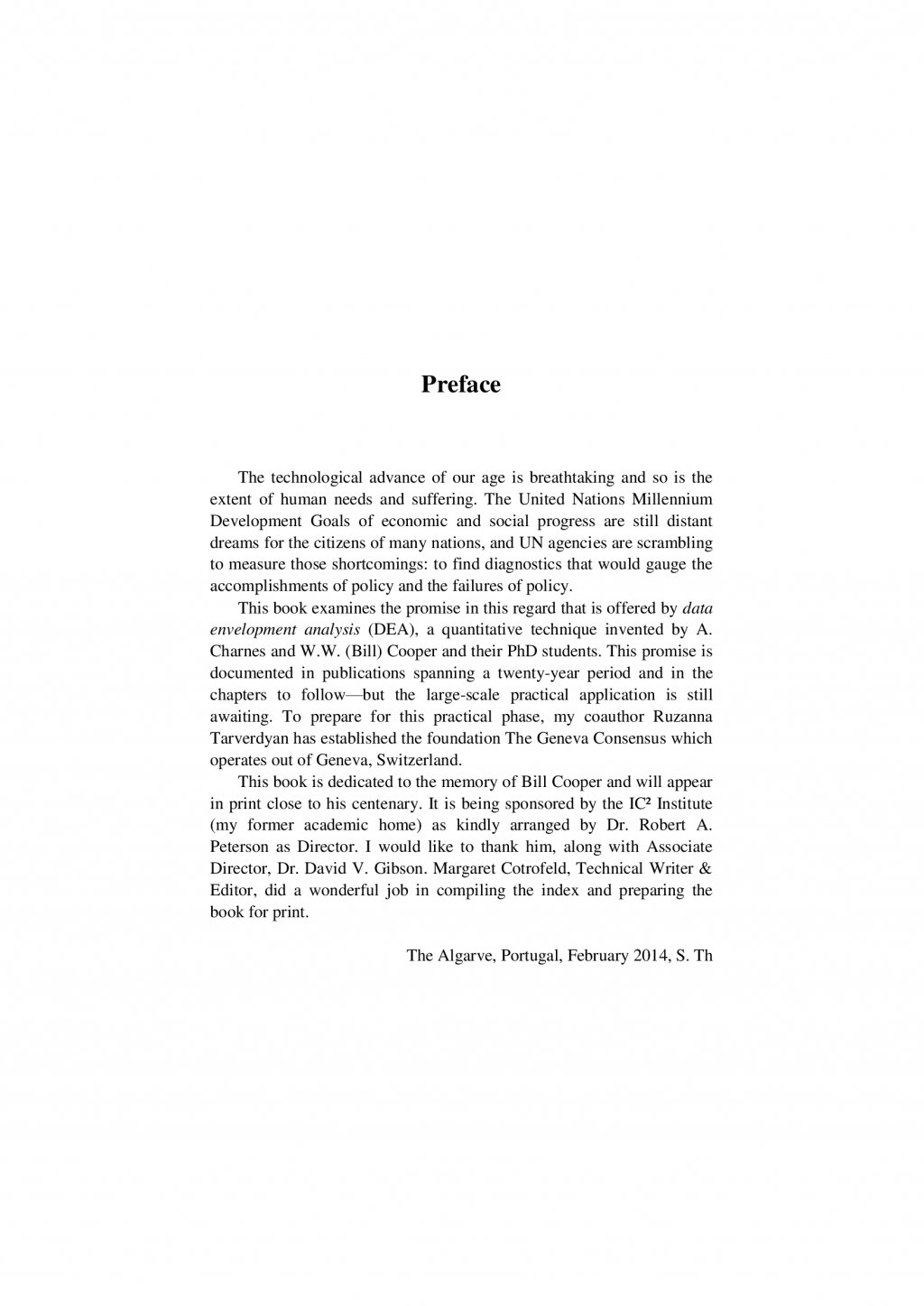
Awards
Impact Prize : Winner(s)Abraham Charnes and William W. Cooper for all their work on Data Envelopment Analysis (DEA)2006
Data Envelopment Analysis (DEA) was first described in the article "Measuring the efficiency of decision-making units," European Journal of Operational Research, by A. Charnes, W. Cooper, and E. Rhodes (1978). It was selected as one of the 30 most influential papers published in the first 30 years of that journal.
Researchers and practitioners in many fields have recognized DEA’s power and ease of use as a method for evaluating the performance of operational processes. DEA has been successfully applied in many organizations world-wide, including hospitals, HMO’s, military units, universities, cities, courts, investment portfolio managers, and logistics and manufacturing firms. DEA helps identify peak performers in these organizations and suggests ways for the others to improve.
DEA’s novel mathematical-programming-based, data-oriented approach has also been helpful in comparing the economies of nations and regions, due to its particularly effective means of accounting for the conversion of multiple inputs to multiple outputs.
Charnes and Cooper required very few assumptions in the development of DEA, so it has opened up possibilities for use in cases that were resistant to other OR approaches. For example, DEA helped improve pupil transportation in North Carolina, saving over 50 million dollars. This application was a finalist for the 1993 Edelman Prize.
The bibliography in Cooper, Seiford and Tone’s Data Envelopment Analysis: A Comprehensive Text with Models, Applications and References (2000), lists over 2,800 articles on applications and extensions of DEA. Bill Cooper (now in his 90s) continues to advance the DEA method and extend its monumental impact.
Abraham Charnes and William Cooper’s decades-long friendship and collaboration ended with Dr. Charnes' death in 1992. Both have been inducted into the IFORS' Operational Research Hall of Fame. For their seminal work on DEA, INFORMS is delighted to award the 2006 Impact Prize to Abraham Charnes and William W. Cooper.2006
Data Envelopment Analysis (DEA) was first described in the article "Measuring the efficiency of decision-making units," European Journal of Operational Research, by A. Charnes, W. Cooper, and E. Rhodes (1978). It was selected as one of the 30 most influential papers published in the first 30 years of that journal.
Researchers and practitioners in many fields have recognized DEA’s power and ease of use as a method for evaluating the performance of operational processes. DEA has been successfully applied in many organizations world-wide, including hospitals, HMO’s, military units, universities, cities, courts, investment portfolio managers, and logistics and manufacturing firms. DEA helps identify peak performers in these organizations and suggests ways for the others to improve.
DEA’s novel mathematical-programming-based, data-oriented approach has also been helpful in comparing the economies of nations and regions, due to its particularly effective means of accounting for the conversion of multiple inputs to multiple outputs.
Charnes and Cooper required very few assumptions in the development of DEA, so it has opened up possibilities for use in cases that were resistant to other OR approaches. For example, DEA helped improve pupil transportation in North Carolina, saving over 50 million dollars. This application was a finalist for the 1993 Edelman Prize.
The bibliography in Cooper, Seiford and Tone’s Data Envelopment Analysis: A Comprehensive Text with Models, Applications and References (2000), lists over 2,800 articles on applications and extensions of DEA. Bill Cooper (now in his 90s) continues to advance the DEA method and extend its monumental impact.
Abraham Charnes and William Cooper’s decades-long friendship and collaboration ended with Dr. Charnes' death in 1992. Both have been inducted into the IFORS' Operational Research Hall of Fame. For their seminal work on DEA, INFORMS is delighted to award the 2006 Impact Prize to Abraham Charnes and William W. Cooper.
The citation reads as follows:
- The 1982 von Neumann Theory Prize of the Operations Research Society of America and The Institute of Management Sciences is awarded to Abraham Charnes, William W. Cooper, and Richard J. Duffin for their fundamental contributions to optimization methods, concepts, and models for problems of decision, planning and design.
These contributions, many of them linked to the awardees' common association with what is now the Carnegie-Mellon University, span a multitude of fields including: linear programming and inequalities, goals and chance-constrained programming, geometric programming, infinite dimensional and convex programming, network modeling and analysis, fractional and interval programming, prediction and stochastic decision rules, and game theory. This body of work is notable not only for its significance and breadth, but also for its exemplification of the power of broadly conceived applications to spark the advance of theory by first-rate minds.


